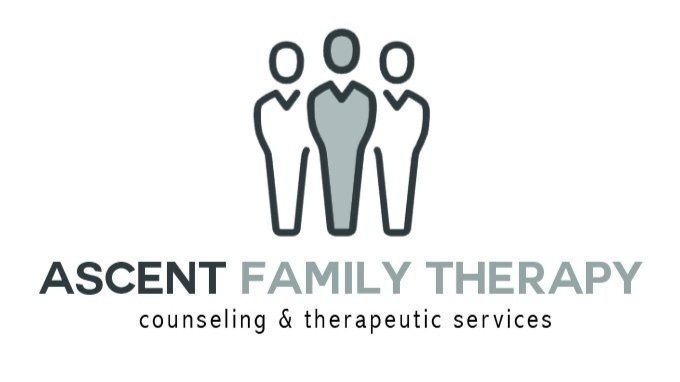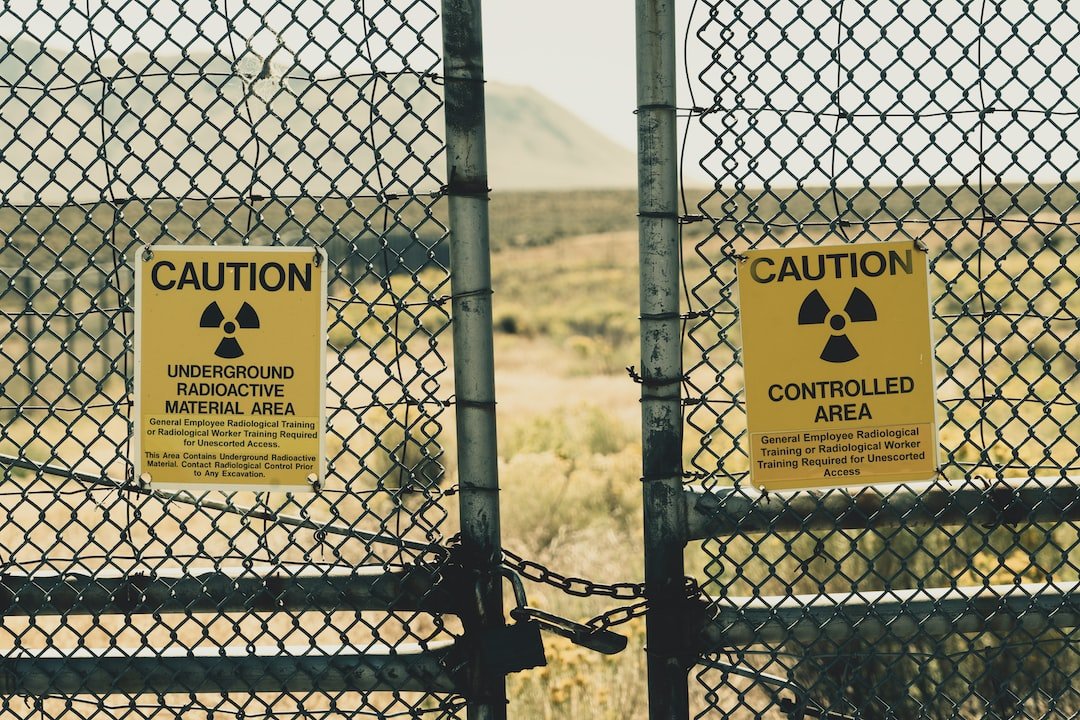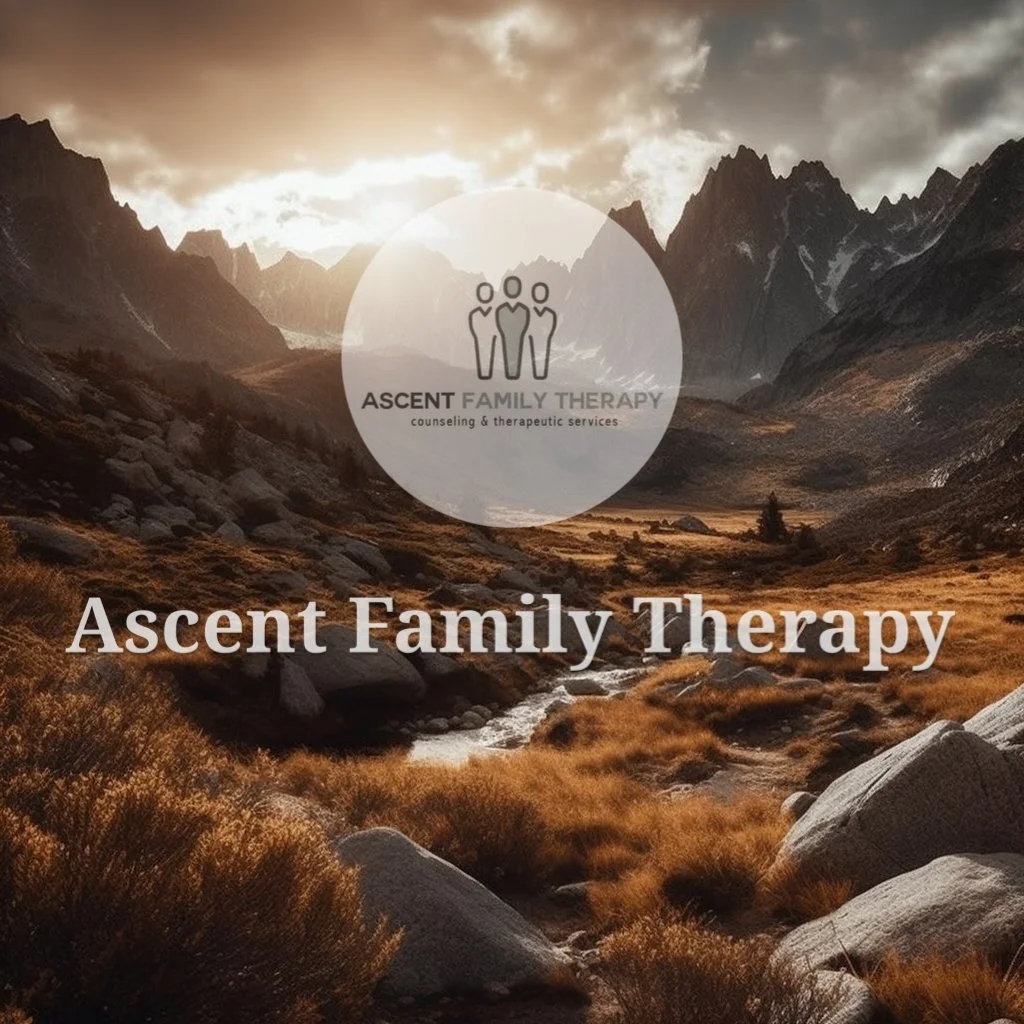Toxic Relationships: How to Identify and Break Free from Harmful Partners
Understanding Toxic Relationships and the Path to Healing
Toxic relationships, characterized by persistent negativity, manipulation, and emotional abuse, can have detrimental effects on an individual's mental health and well-being. Identifying the signs of a harmful partner is crucial for breaking free and embarking on a journey towards healing. Professional therapy plays a pivotal role in overcoming the challenges posed by toxic relationships, with therapeutic approaches such as Acceptance and Commitment Therapy (ACT), Exposure and Response Prevention (ERP), and the American Association of Sexuality Educators, Counselors, and Therapists (AASECT) therapy offering valuable tools and insights for those seeking support.
Recognizing Toxic Relationship Signs
Understanding the signs of a toxic relationship is crucial for breaking free from harmful partners. Emotional abuse, manipulation, and controlling behaviors are some of the key indicators that a relationship may be unhealthy. By recognizing these signs and seeking appropriate support, individuals can begin to heal and develop healthier relationship patterns.
Emotional Abuse in Relationships
Emotional abuse in relationships can manifest in various ways, such as belittling, name-calling, and constant criticism. It can also include more subtle forms of manipulation like gaslighting, where an individual is made to question their own reality, thoughts, and feelings. This type of abuse can have a significant impact on mental health, leading to feelings of low self-worth, anxiety, and depression. Seeking professional help through therapy, such as Acceptance and Commitment Therapy (ACT), can be beneficial in addressing the emotional effects of abuse and fostering emotional well-being.
Manipulation in Relationships
Manipulative partners often employ tactics like guilt-tripping, playing the victim, or using passive-aggressive behaviors to control their partners. Identifying these behaviors and understanding their underlying motives is essential for breaking free from a toxic relationship. Exposure and Response Prevention (ERP) therapy can provide valuable insights and tools for coping with manipulative behaviors and developing healthier communication patterns in relationships.
Signs of a Controlling Partner
A controlling partner may exhibit jealousy and possessiveness, often attempting to restrict their partner's personal freedom and autonomy. They may dictate who their partner can interact with, monitor their activities, or even control their financial resources. Recognizing these behaviors as signs of a toxic relationship is essential for taking steps to break free and seek support. The American Association of Sexuality Educators, Counselors, and Therapists (AASECT) therapy can offer guidance for individuals dealing with controlling partners, helping them establish boundaries and develop healthier relationship dynamics.
Unhealthy Relationship Patterns
Recognizing unhealthy relationship patterns is a crucial step towards breaking free from toxic partners. Three common patterns that contribute to relationship toxicity include codependency, communication breakdowns, and constant criticism or belittling.
Codependency and Toxicity
Codependency is a relationship dynamic in which one person relies excessively on their partner for emotional support or validation. This dependency can enable toxic behaviors by fostering a sense of control and power for the dominating partner. Recognizing codependency is essential for breaking the cycle of toxic behavior, and therapeutic approaches such as Acceptance and Commitment Therapy (ACT), Exposure and Response Prevention (ERP), and AASECT therapy can provide valuable insights and guidance for addressing codependent patterns.
Communication Breakdowns
Effective communication is essential for a healthy relationship, but in toxic partnerships, there is often a lack of trust and openness. This can lead to ineffective conflict resolution and a negative relationship environment. Identifying these communication challenges can help individuals seek support and develop healthier communication skills. Therapeutic approaches like ACT, ERP, and AASECT therapy can offer valuable tools for fostering open and honest communication in relationships.
Constant Criticism and Belittling
Constant criticism and belittling can have a significant impact on self-esteem and mental health. Recognizing this negative behavior and addressing it is essential for breaking free from a toxic relationship. Strategies for addressing constant criticism can include setting boundaries, seeking professional help, and utilizing therapeutic techniques like ACT, ERP, and AASECT therapy to develop healthier communication and relationship patterns.
Psychological Effects of Toxic Relationships
Understanding the psychological effects of toxic relationships is crucial for identifying harmful partners and seeking appropriate support. Emotional abuse, manipulation, and controlling behaviors can lead to increased stress, anxiety, and depression, as well as relationship trauma and difficulties in future partnerships. The expertise of therapists at Ascent Family Therapy can help guide individuals through the healing process, utilizing therapeutic approaches such as Acceptance and Commitment Therapy (ACT), Exposure and Response Prevention (ERP), and AASECT therapy to address these effects.
Impact on Mental Health and Well-Being
Toxic relationships can have a significant impact on mental health, resulting in feelings of increased stress, anxiety, and depression. Recognizing these effects is essential for breaking free from a harmful partner and seeking appropriate support. By engaging in therapeutic approaches like ACT, ERP, and AASECT therapy, individuals can begin to heal and foster emotional well-being.
Relationship Trauma and Its Aftermath
Experiencing relationship trauma can have lasting effects on an individual's ability to form healthy connections in the future. Healing from an abusive relationship is a crucial step towards developing healthier patterns and fostering positive partnerships. Therapeutic techniques such as ACT, ERP, and AASECT therapy can provide valuable guidance and support for individuals navigating the aftermath of relationship trauma.
The Role of Narcissistic Partners in Toxic Relationships
Narcissistic partners often exhibit traits such as grandiosity, entitlement, and a lack of empathy, which can contribute to the toxicity of a relationship. Recognizing these traits and developing strategies for dealing with narcissistic abuse is essential for breaking free from a toxic partnership. Professional therapy, including approaches like ACT, ERP, and AASECT therapy, can offer valuable tools and insights for coping with the challenges posed by narcissistic partners.
Breaking Free from Toxic Relationships
Breaking free from toxic relationships involves setting boundaries, seeking support, and empowering oneself for a healthier future. By taking these steps, individuals can begin to heal and develop healthier relationship patterns.
Setting Boundaries in Relationships
Establishing personal limits is crucial for maintaining a healthy relationship dynamic. This involves clearly communicating one's boundaries to their partner and ensuring that both parties respect and adhere to these limits. By setting boundaries, individuals can protect their emotional well-being and create a more positive relationship environment.
Seeking Support and Guidance
Overcoming relationship trauma often requires professional support and guidance. Therapy, including techniques from Acceptance and Commitment Therapy (ACT), Exposure and Response Prevention (ERP), and AASECT therapy, can provide valuable insights and tools for healing from the effects of toxic relationships. By engaging with professional therapists, such as those at Ascent Family Therapy, individuals can develop healthier communication patterns and relationship dynamics.
Empowering Yourself for a Healthier Future
Healing from a toxic relationship involves rebuilding self-esteem and confidence, as well as developing healthy relationship skills. By focusing on personal growth and self-care, individuals can create a strong foundation for future partnerships. Utilizing therapeutic techniques from ACT, ERP, and AASECT therapy can aid in fostering emotional resilience and well-being, empowering individuals to thrive in healthier relationships.
Conclusion
In conclusion, breaking free from harmful partners is essential for an individual's emotional well-being and personal growth. Leaving a toxic relationship offers the potential for healing and fosters the development of healthier relationship patterns. Utilizing therapeutic techniques from Acceptance and Commitment Therapy (ACT), Exposure and Response Prevention (ERP), and AASECT therapy can provide valuable support and guidance on the journey towards emotional well-being. By seeking professional support from compassionate and empathetic therapists at Ascent Family Therapy, individuals can navigate life's challenges and work towards a healthier future in their relationships.
Embark on Your Healing Journey
After recognizing the signs of a toxic relationship and understanding the importance of breaking free, it's time to take action. Ascent Family Therapy offers individual and couples counseling, specializing in managing relationships, moods, and behaviors. With personalized therapy tailored to each client's specific needs, their team of compassionate and empathetic therapists can help you navigate life's challenges. By incorporating evidence-based therapeutic techniques like ACT, ERP, and AASECT therapy, Ascent Family Therapy can support you on your path to emotional well-being. Explore their services at https://ascentfamilytherapy.com/services and start your healing journey today.
Contact Ascent Family Therapy for compassionate, professional counseling services. Our experienced therapists specialize in family, couples, and individual therapy, offering personalized solutions for mental health and relationship challenges. Get in touch today to start your journey towards healing and growth.



